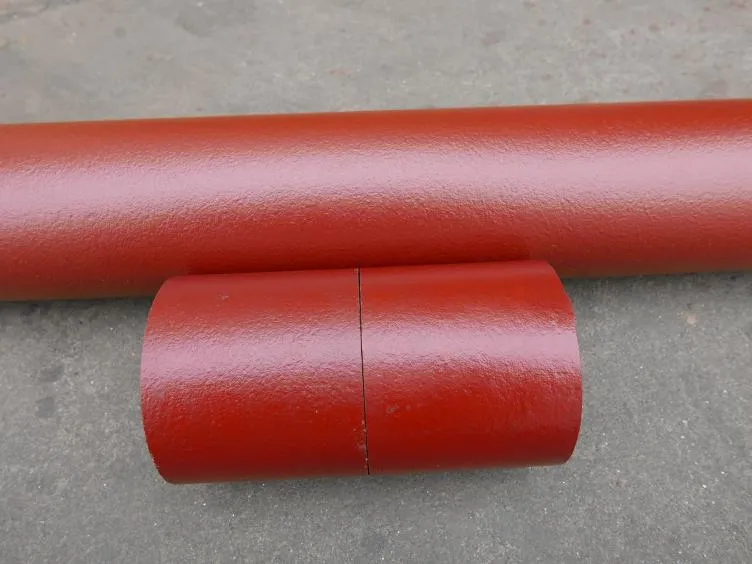- Afrikaans
- Albanian
- Amharic
- Arabic
- Armenian
- Azerbaijani
- Basque
- Belarusian
- Bengali
- Bosnian
- Bulgarian
- Catalan
- Cebuano
- China
- China (Taiwan)
- Corsican
- Croatian
- Czech
- Danish
- Dutch
- English
- Esperanto
- Estonian
- Finnish
- French
- Frisian
- Galician
- Georgian
- German
- Greek
- Gujarati
- Haitian Creole
- hausa
- hawaiian
- Hebrew
- Hindi
- Miao
- Hungarian
- Icelandic
- igbo
- Indonesian
- irish
- Italian
- Japanese
- Javanese
- Kannada
- kazakh
- Khmer
- Rwandese
- Korean
- Kurdish
- Kyrgyz
- Lao
- Latin
- Latvian
- Lithuanian
- Luxembourgish
- Macedonian
- Malgashi
- Malay
- Malayalam
- Maltese
- Maori
- Marathi
- Mongolian
- Myanmar
- Nepali
- Norwegian
- Norwegian
- Occitan
- Pashto
- Persian
- Polish
- Portuguese
- Punjabi
- Romanian
- Russian
- Samoan
- Scottish Gaelic
- Serbian
- Sesotho
- Shona
- Sindhi
- Sinhala
- Slovak
- Slovenian
- Somali
- Spanish
- Sundanese
- Swahili
- Swedish
- Tagalog
- Tajik
- Tamil
- Tatar
- Telugu
- Thai
- Turkish
- Turkmen
- Ukrainian
- Urdu
- Uighur
- Uzbek
- Vietnamese
- Welsh
- Bantu
- Yiddish
- Yoruba
- Zulu
ਅਕਤੂਃ . 02, 2024 05:23 Back to list
Non-Condensing Oil Fired Boilers and Their Efficiency in Industrial Applications
Understanding Non-Condensing Oil Fired Boilers
Non-condensing oil fired boilers are essential components in many residential and commercial heating systems. Unlike their condensing counterparts, these boilers operate without the need to recapture and reuse flue gas heat, a process that can enhance energy efficiency. Here, we will explore the working principles, advantages, disadvantages, and key considerations when using non-condensing oil fired boilers.
Working Principle
The non-condensing oil fired boiler operates by burning oil to produce heat. The boiler ignites the oil in a combustion chamber, where it burns and produces hot gases. These gases then travel through a series of heat exchangers, transferring their heat to the water in the system. The cooled flue gases are expelled through a chimney or vent, completing the process. Importantly, since non-condensing boilers do not work on the principle of condensing water vapor, they tend to have higher exhaust temperatures compared to their condensing counterparts.
Advantages
1. Lower Initial Cost Non-condensing oil fired boilers generally come with a lower purchase price compared to condensing boilers. This can be an important factor for homeowners or businesses looking for a more economical heating solution.
2. Simplicity of Design These boilers have a simpler design and fewer components, which can lead to lower maintenance costs and easier repairs. Their straightforward mechanisms often translate to a longer lifespan due to fewer parts that can fail.
3. Reliability Non-condensing boilers have a long-standing track record of reliability. They are particularly well-suited for situations where there is a high demand for hot water and heating, as they can operate efficiently even during peak demand periods.
4. Suitable for Various Installations These boilers are versatile and can be installed in various architectural configurations. They require less complex venting systems, which can make installation easier and less expensive in certain scenarios.
non condensing oil fired boilers

Disadvantages
1. Lower Efficiency One of the major drawbacks of non-condensing oil fired boilers is their efficiency. Typically, they operate at around 80-90% efficiency, compared to condensing boilers that can achieve efficiencies of over 95%. This difference can lead to higher operational costs over time due to increased fuel consumption.
2. Higher Emissions Non-condensing boilers tend to produce more emissions than condensing models, including higher levels of nitrogen oxides and carbon dioxide. This can be a concern for environmentally-conscious consumers and can lead to stricter regulatory requirements.
3. Energy Loss Since they do not condense exhaust gases, these boilers are less effective at utilizing the heat produced during combustion. This leads to greater energy loss, which can result in higher fuel bills.
Key Considerations
When considering the installation of a non-condensing oil fired boiler, it's important to evaluate the specific heating needs of the building. Factors such as the size of the space, existing infrastructure, and fuel availability should all be taken into account. Furthermore, regular maintenance is crucial for ensuring efficient operation and longevity. This includes checking the burner for optimal performance and scheduling routine cleanings to minimize soot buildup.
Additionally, prospective buyers should consider the environmental impacts of their heating systems. While non-condensing oil boilers provide many benefits, including lower initial costs and ease of use, they do come with a trade-off in terms of efficiency and emissions. In situations where increased efficiency and lower environmental impact are priorities, exploring options for condensing systems or alternative heating sources might be beneficial.
In conclusion, non-condensing oil fired boilers can be a practical heating solution in many scenarios, especially where initial costs and simplicity are major concerns. Balancing efficiency, environmental considerations, and overall heating needs is essential for making a well-informed choice when selecting boiler systems.
-
Custom Room Heating Heat Exchangers Energy-Efficient Solutions
NewsMay.18,2025
-
Precision Milling Body Casting Solutions Custom & ODM Options
NewsMay.18,2025
-
Custom Cast Silicon Aluminum Heat Exchanger for Hot Water Boiler High Efficiency
NewsMay.18,2025
-
Premium Custom & ODM Vehicle Parts Bulk Order Deals
NewsMay.17,2025
-
Custom Commercial Hot Water Heat Exchangers High-Efficiency Solutions
NewsMay.17,2025
-
Custom Fibre Reinforced Concrete Pipe Bottom Ring Moulds – Buy Durable Solutions
NewsMay.17,2025


